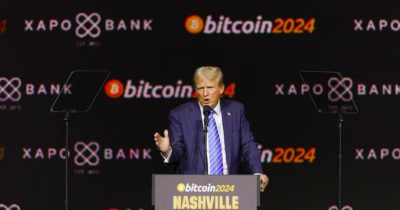South Korea, through its Financial Services Commission (FSC), announced that the newly formed Virtual Asset Committee will hold its first meeting on November 6. As an advisory group, the committee will focus on the second phase of the country’s virtual asset legislation.
The FSC tasked the newly formed committee with addressing corporate virtual asset accounts and the legalization of self-regulatory organizations. Other responsibilities of the group include protecting customer assets and preventing unfair transactions. Announcing the meeting on Wednesday, FSC Chair Kim Byoung-hwan confirmed the committee members’ appointment, noting the meeting would be crucial in determining how South Korea tackles cryptocurrency issues.
Virtual Asset Committee to Address Corporate Investment
The South Korean Virtual Asset Committee is a new establishment formed after the FSC submitted its plans during the National Assembly’s Political Affairs Committee audit on Oct. 10. One of the committee’s top responsibilities is to determine whether South Korea should allow corporate investment in virtual assets. The possibility of launching virtual assets spot exchange-traded funds (ETFs) is also a priority for the committee. Analysts believe it could be a way to integrate virtual assets into the mainstream financial system.
Read also: South Korea May Soon Allow Bitcoin Spot ETFs
Meanwhile, South Korea does not prohibit corporate entities from investing in virtual assets. However, the country’s financial authorities have regulated banks, preventing them from issuing real-name accounts to corporate entities involved with crypto investment.
This regulation hampered corporate participation in the South Korean virtual asset market, resulting in high volatility and restricted capital flows. Research indicates domestic companies trying to invest in virtual assets have faced obstacles because of administrative guidance from regulatory authorities. This led to virtual asset abandonment by many small and medium-sized enterprises (SMEs), while domestic companies with more resources opt for overseas subsidiaries for virtual asset businesses.
Disclaimer: The information presented in this article is for informational and educational purposes only. The article does not constitute financial advice or advice of any kind. Coin Edition is not responsible for any losses incurred as a result of the utilization of content, products, or services mentioned. Readers are advised to exercise caution before taking any action related to the company.
Read the full article here









